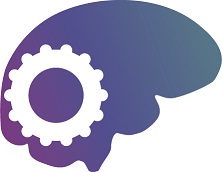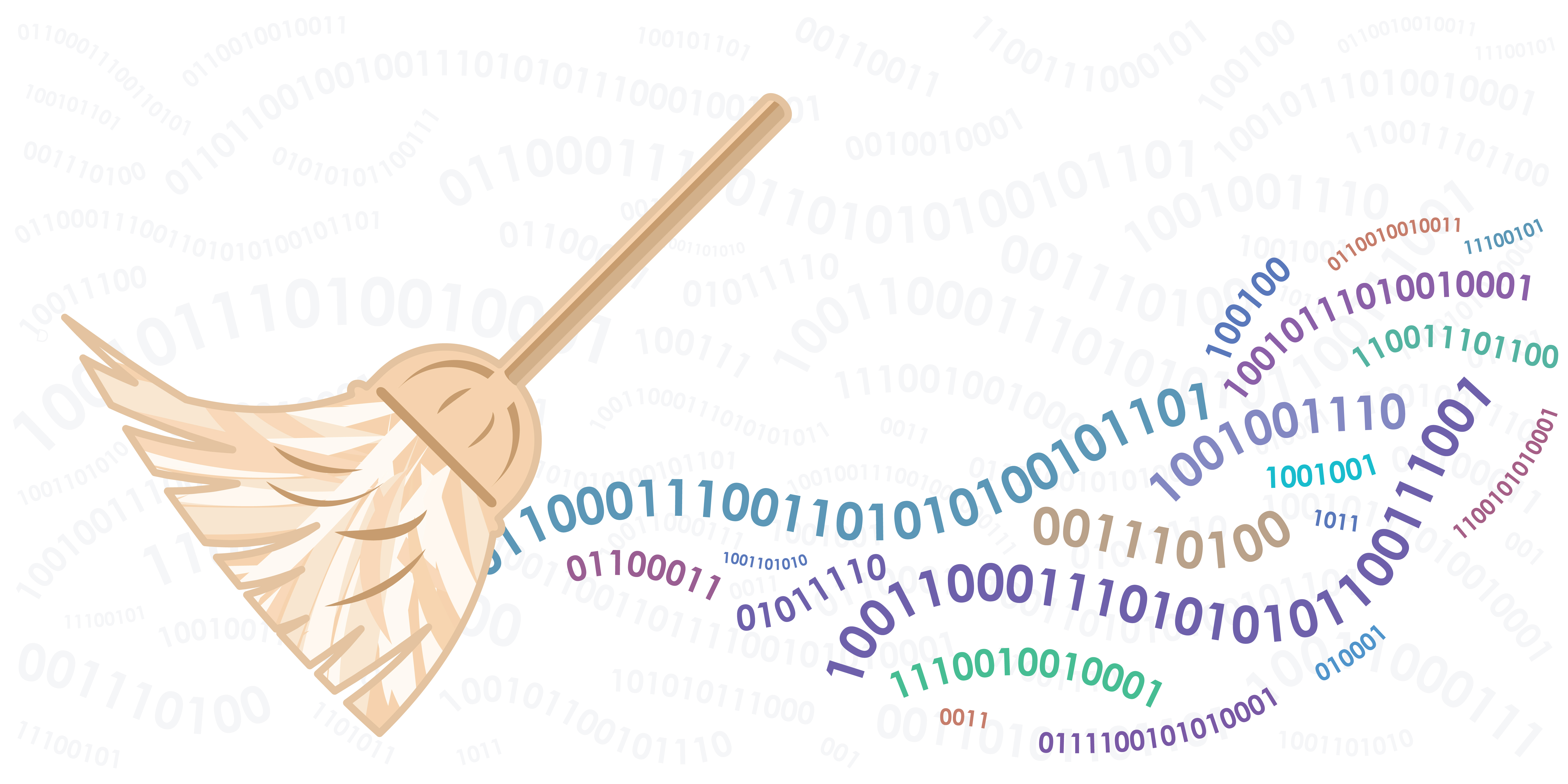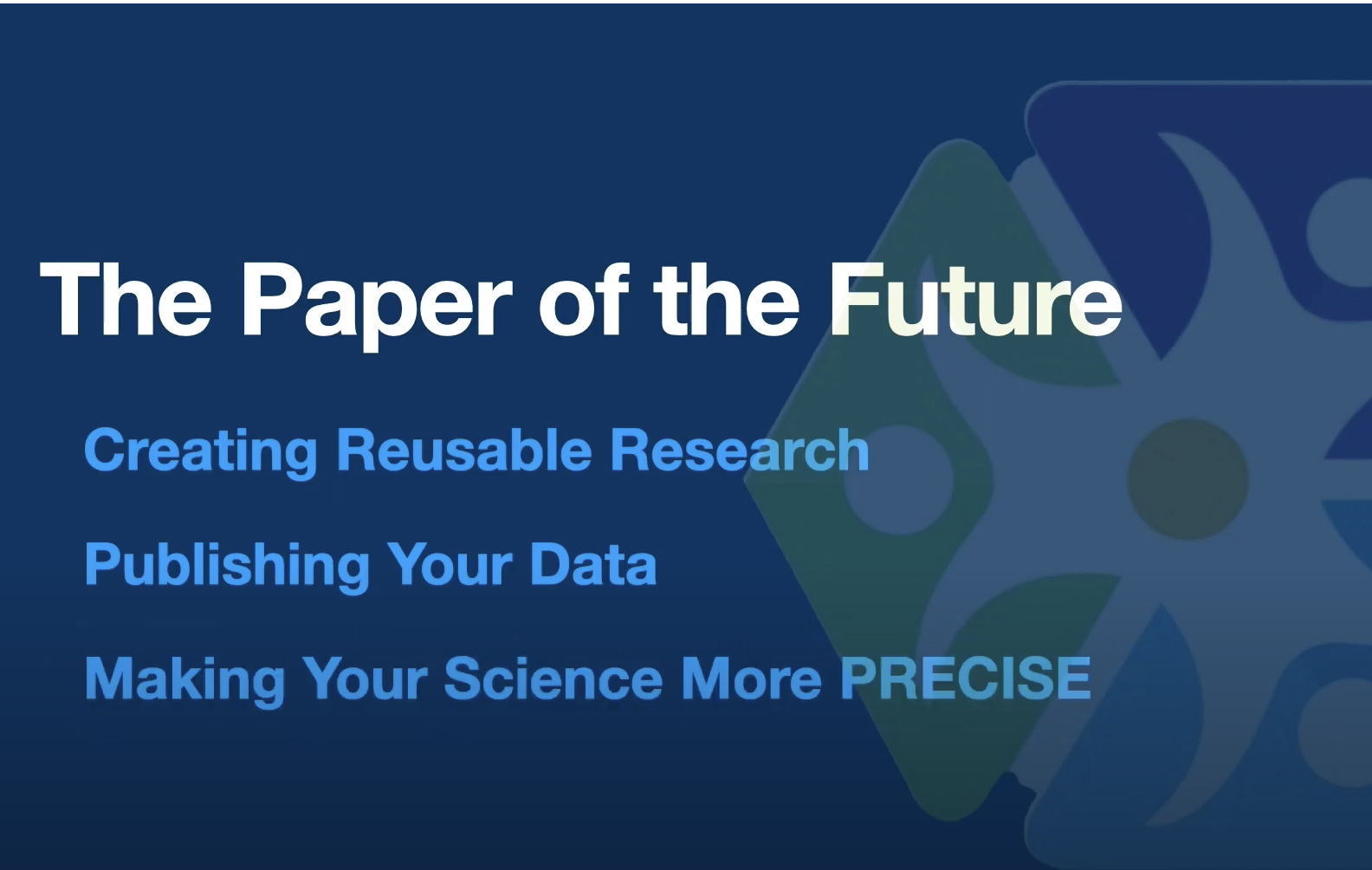Traumatic Brain Injury Induces Region-specific Glutamate Metabolism Changes As Measured by Multiple Mass Spectrometry Methods (Animal Metadata)
DOI:10.34945/F50P40
DATASET CITATION
Sowers J. L., Sowers M. L., Zhang K., Hawkins B. E. (2021) Traumatic Brain Injury Induces Region-specific Glutamate Metabolism Changes As Measured by Multiple Mass Spectrometry Methods (Animal Metadata). ODC-TBI:670 http://doi.org/10.34945/F50P40
ABSTRACT
STUDY PURPOSE: The purpose of this study was to investigate the early metabolic events occurring in the acute phase of traumatic brain injury (TBI) using multiple mass spectrometry methods
DATA COLLECTED: Data collected was tandem mass tag (TMT) multiplexed based proteomic data acquired from the cortex and hippocampus of injured, sham, and naïve rats. Injured rats were subjected to surgery followed by a fluid percussion injury while sham animals only had surgery. Sham and naïve rats were intubated and mechanically ventilated (isoflurane anesthesia) for similar amounts of time as the FPI injured animals. Adult 3-month-old male Sprague Dawley rats were used for these studies and each animal was housed with one other rat who had similar injury status (sham rats were housed with other sham rats, for example) in a cage with full access to food pellets, water bottle and enrichment material. The brain regions were dissected from the rest of the brain and immediately frozen using dry ice and kept at -80F until processed. The tissues were homogenized separately and labeled with the tandem-mass-tags (TMT) and labeled samples were separated via reverse-phase liquid chromatography and analyzed on a QExactive mass spectrometer. Data was collected at five time points after TBI: 24 hours, 2 weeks, 3 months, 6 months and 1 year. For this study, “Traumatic Brain Injury Induces Region-specific Glutamate Metabolism Changes As Measured by Multiple Mass Spectrometry Methods,” only select proteins from the 24 hour and 2 week time points were used. Whole brain samples for the MALDI-MS imaging study were randomly divided according to injury status and then imaged. See iScience paper for more details on the methods
CONCLUSIONS: We revealed new insights and potential pathways for intervention in acute TBI
KEYWORDS
Traumatic brain injury; Glutamate oxidation; glutamate metabolism; glutamate excitotoxicity; MALDI-MS imaging; energy failure; nitric oxide
PROVENANCE / ORIGINATING PUBLICATIONS
James L. Sowers, Mark L. Sowers, Alexander S. Shavkunov, Bridget E. Hawkins, Ping Wu, Douglas S. DeWitt, Donald S. Prough, Kangling Zhang, Traumatic brain injury induces region-specific glutamate metabolism changes as measured by multiple mass spectrometry methods, iScience, Volume 24, Issue 10, 2021, 103108, ISSN 2589-0042. doi:10.1016/j.isci.2021.103108.
Originating publication
RELEVANT LINKS
-
Traumatic Brain Injury Induces Region-specific Glutamate Metabolism Changes As Measured by Multiple Mass Spectrometry Methods
https://odc-tbi.org/data/671
associated data
NOTES
|
|
DATASET INFO
Contact: Hawkins Bridget (behawkin@utmb.edu)
Lab: Moody Project Consortium
ODC-TBI Accession:670
Records in Dataset: 120
Fields per Record: 7
Last updated: 2021-10-07
Date published: 2021-10-07
Downloads: 20
Files: 2
LICENSE
Creative Commons Attribution License (CC-BY 4.0)
FUNDING AND ACKNOWLEDGEMENTS
The Moody Project for Translational Traumatic Brain Injury Research (all Authors; PIs: DeWitt and Prough), UTMB Department of Pharmacology and Toxicology (JLS, MLS and KZ), UTMB Department of Anesthesiology (BEH), UTMB MD-PhD combined degree program (JLS and MLS)
CONTRIBUTORS
- Sowers, James L. [ORCID:0000-0002-1442-9882]
- MD-PhD Combined Degree Program, University of Texas Medical Branch, Galveston, Texas, USA. Department of Neuroscience, Cell Biology, and Anatomy, University of Texas Medical Branch, Galveston, Texas, USA. The Moody Project for Translational Traumatic Brain Injury Research, University of Texas Medical Branch, Galveston, Texas, USA.
- Sowers, Mark L. [ORCID:0000-0001-6474-017X]
- MD-PhD Combined Degree Program, University of Texas Medical Branch, Galveston, Texas, USA. Department of Pharmacology and Toxicology, University of Texas Medical Branch, Galveston, Texas, USA.
- Zhang, Kangling [ORCID:0000-0003-2151-9218]
- Department of Pharmacology and Toxicology, University of Texas Medical Branch, Galveston, Texas, USA. The Moody Project for Translational Traumatic Brain Injury Research, University of Texas Medical Branch, Galveston, Texas, USA.
- Hawkins, Bridget E. [ORCID:0000-0002-1887-3657]
- Department of Anesthesiology, University of Texas Medical Branch, Galveston, Texas, USA. School of Nursing, University of Texas Medical Branch, Galveston, Texas, USA. The Moody Project for Translational Traumatic Brain Injury Research, University of Texas Medical Branch, Galveston, Texas, USA.
|




